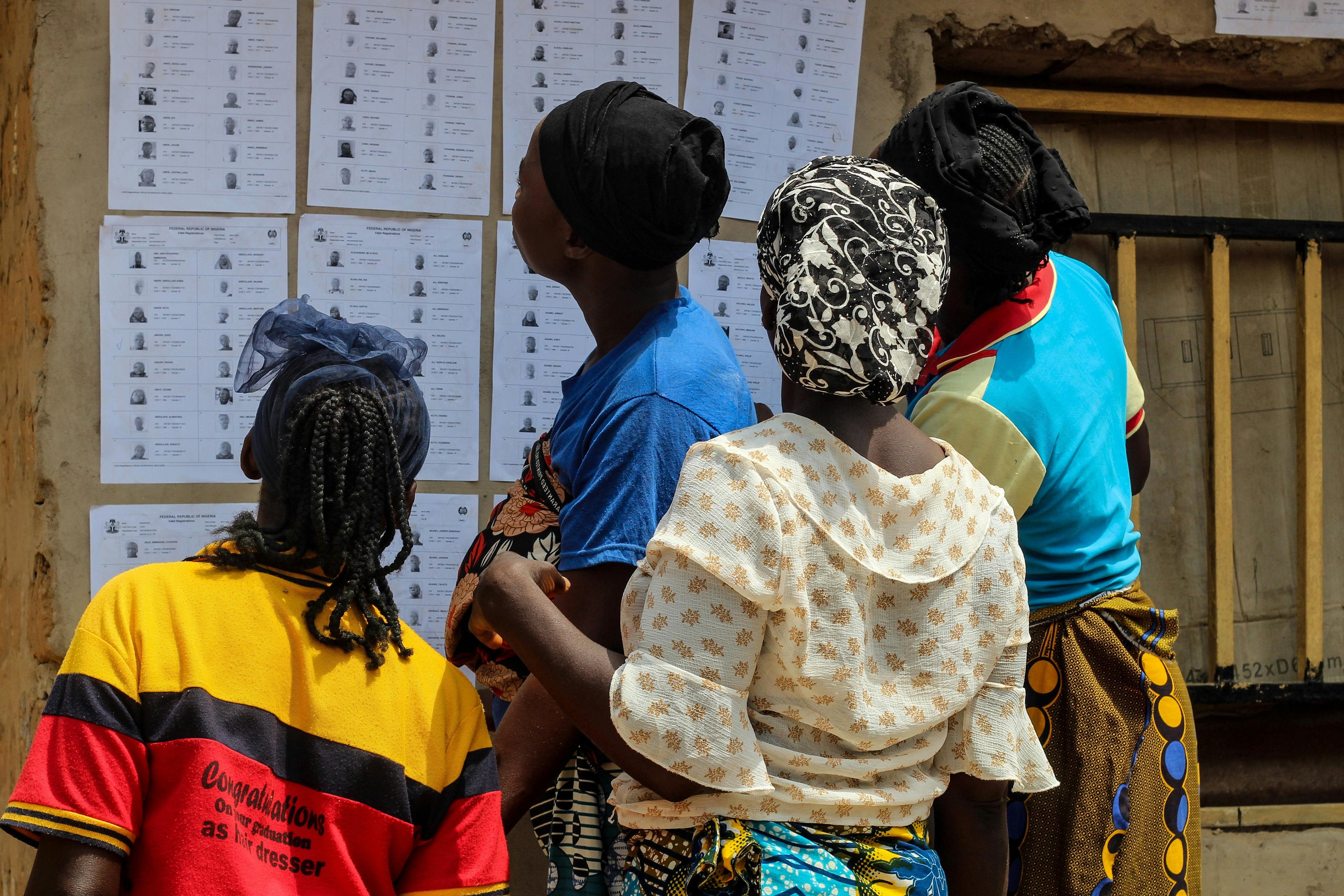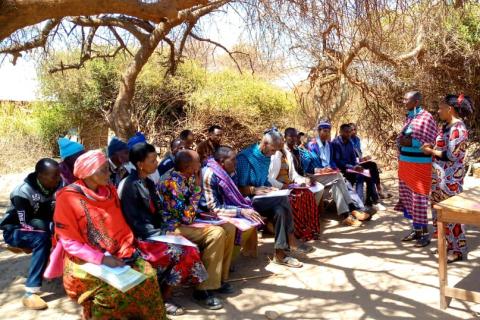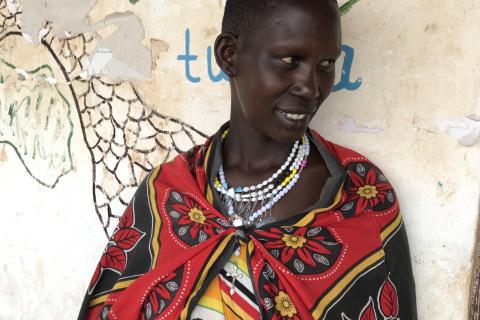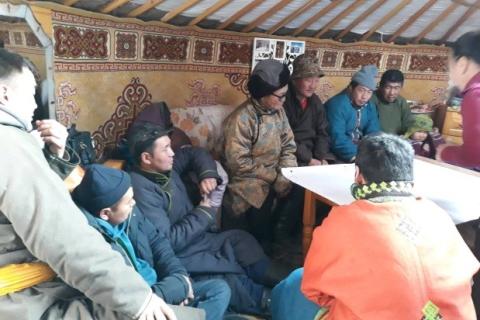It’s a bumper year for citizens of the world to participate in their own governance. Elections are happening almost every other week. Record numbers of countries are holding presidential or parliamentary national or local elections, in democracies and in less democratic political systems. Governments are turning over, expectedly or unexpectedly, or becoming entrenched. Electorates are turning out in great numbers, to punish or endorse, or voting out of the system by staying home.
The great game of politics has always fascinated me. At the core of politics lies the process of governance. Put simply, governance is the way of governing. Good governance may be easier within certain types of institution, or certain types of political system, but not necessarily. This is why Plato theorised in The Republic about the “Philosopher King”, a wise yet authoritarian ruler. Yet, even if theoretically optimal, it is impossible in practice for a single person to always make the right decisions on behalf of all those they rule. As Lord Acton famously put it in 1887, “power tends to corrupt and absolute power corrupts absolutely”.
The social legitimacy of most political systems today rests on a principle first coined in the mid-1760s, in the run up to the American Revolution, that of ‘no taxation without representation’. The basic idea is that to be willing to pay taxes to help support the running costs of public services (government hospitals, for example, or a national defence force, or subsidised fertilisers and land registration fees), people need access to some form of political participation to give them a personal stake in the decisions that are made about how their tax money is spent. This principle applies well beyond classical liberal democracies, as we are seeing this year. Think the optics of participation in Russia’s elections, among others.
For much of history, tax revenues have largely come from those with property, from the incomes (rents and harvests) derived from land. These days, with population growth, urbanisation and many more people working in service industries worldwide, the total number of people who pay taxes from non-land-based income has gone up. Yet in many countries, in total cash terms, the most taxes still tend to be paid by the wealthiest people in the world. These people tend also to be those with the most property – whether they own large farms and plantations, conservation concessions for high-end tourism, real estate such as shopping centres and apartment complexes, or shares in multinational manufacturing corporations.
Whether these wealthy elites should pay more or less in taxes is a side issue here. From a governance perspective, the key point is that elites have relatively more influence with governments on account of their wealth than non-elites. This influence gives them relatively more power in the decisions that are made on behalf of the non-elite majority. A minority of people thus have significantly more influence than would be due to them simply as one among 8.1 billion equals, and rising.
If we seek truly meaningful equality, where all human beings are worthy of treatment as equals – with the right to equal concern and respect of those who govern them, as the late Ronald Dworkin argued – then no-one should have more influence than anyone else on the key decisions of our time. The principle of one person one vote matters, even in authoritarian political systems.
What does all of this have to do with land governance?
At the community level, it means that everyone should get a say in how community land is managed, whether they own 100 acres of farmland, a housing plot, or no land at all. Good land governance requires everyone who is part of the community to be treated as an equal when it comes to decision-making about community land. This means genuinely inclusive participation in discussions about how local land and natural resources are allocated and used. It means the inclusion of all people in decision-making, even – especially – the most marginalised.
Beyond the community, at the level of the nation state (the polity), it’s about the voices of all communities being fairly represented in decision-making about land policies and laws. Good land governance requires meaningful participation and effective consultation. It means bringing people together and building an inclusive consensus around major decisions about the allocation, use and management of national land and natural resources, including on topics like land taxation and land administration service fees.
At the global level, in the face of the climate emergency, good land governance requires genuinely inclusive and meaningful participation by representatives of all nation states in decision-making about policies and practices that affect humanity’s collective future.
Inclusive land governance has three broad benefits.
First, as Pauline Peters has written, based on her research on pastoral land and water rights in Botswana in the 1980s, “struggles over water” are “struggles over meaning”. The same logic applies to struggles over any kind of natural resources – farmland, forests, fishing grounds, even clean air and global weather systems. Creating and maintaining processes and institutions that support inclusive land and natural resource governance helps to reduce conflict, which matters to us all.
Second, genuinely inclusive land and natural resource governance allows space for discriminatory social norms to be challenged when they are no longer helpful, which can spark transformative change in, for example, gender relations. The anthropologist Paul Bohannan once said that a theory of land tenure should be able to explain “man-man” and “man-thing” rights and relations, i.e. the relations between people in respect of land.[1] On this understanding, the process of land governance is clearly one in which the broader terrain of social relations comes into play.
Third, starting by practicing inclusive land and natural resource governance at the lowest level in any society, people become better informed about principles of transparency, accountability, non-discrimination, and of no taxation without representation. In effect, inclusive land governance at the local level allows for the community’s broader governance ‘muscle’ to be exercised in a constructive and practical way.
As I have written elsewhere, “change has to come from within and not be driven from outside and above”. The challenges of this world are vast, but with a firm commitment to inclusive governance from the bottom up, we can go a long way to overcoming them.
[1] Bohannan, P., 1963, ‘ ‘Land’, ‘Tenure’ and Land-Tenure’, in Biebuyck, D. (ed.), African Agrarian Systems, England: Oxford University Press, for International African Institute.
About the author: Elizabeth Daley serves in a voluntary capacity as Chair of the Board of the Land Portal Foundation and works both as an independent consultant and a freelance Principal Consultant of Mokoro Ltd.
Photo credit: Fatima Yusef, Women Reading Lists on Election Day, Pexels





